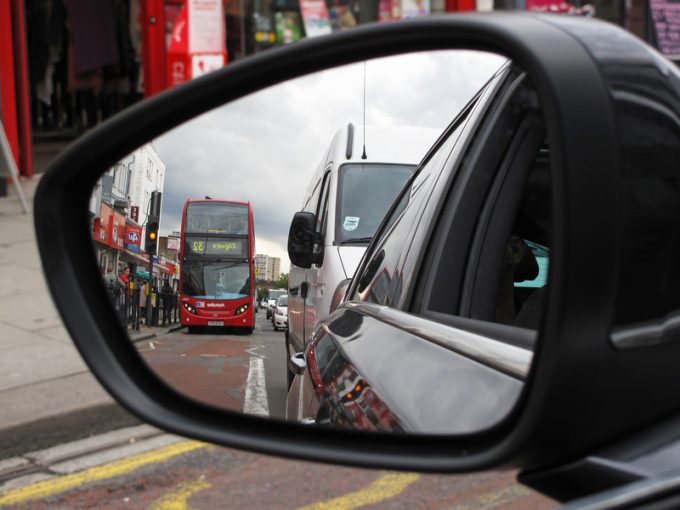COP29: aviation falling short and showing 'lack of ambition'
“The sober reality” of aviation’s threadbare climate pledges have been revealed in a blogpost, following ...

London’s mayor has dismissed claims that his plans to implement Direct Vision Standards (DVS) for HGV drivers in London are “scuppering” attempts to clean up the capital’s air.
The Freight Transport Association (FTA) said lack of clarity around DVS was delaying operators acquiring Euro VI standard vehicles, which would reduce emissions in London.
It said: “The FTA believes hundreds of cleaner trucks would be on London’s roads now, if it were not for uncertainty over Sadiq Khan’s plans for DVS.
“The length of ...
Maersk u-turn as port congestion increases across Northern Europe
Apple logistics chief Gal Dayan quits to join forwarding group
Maersk Air Cargo sees volumes fall as it aims for 'margin in favour of revenue'
Airlines slash freighter capacity post-de minimis, but 'the worst is yet to come'
Houthis tell Trump they will end attacks on Red Sea shipping
Transpac rates hold firm as capacity is diverted to Asia-Europe lanes
MSC revamps east-west network as alliance strategies on blanking vary
India-Pakistan 'tit-for-tat' cargo ban sparks sudden supply chain shocks


Comment on this article